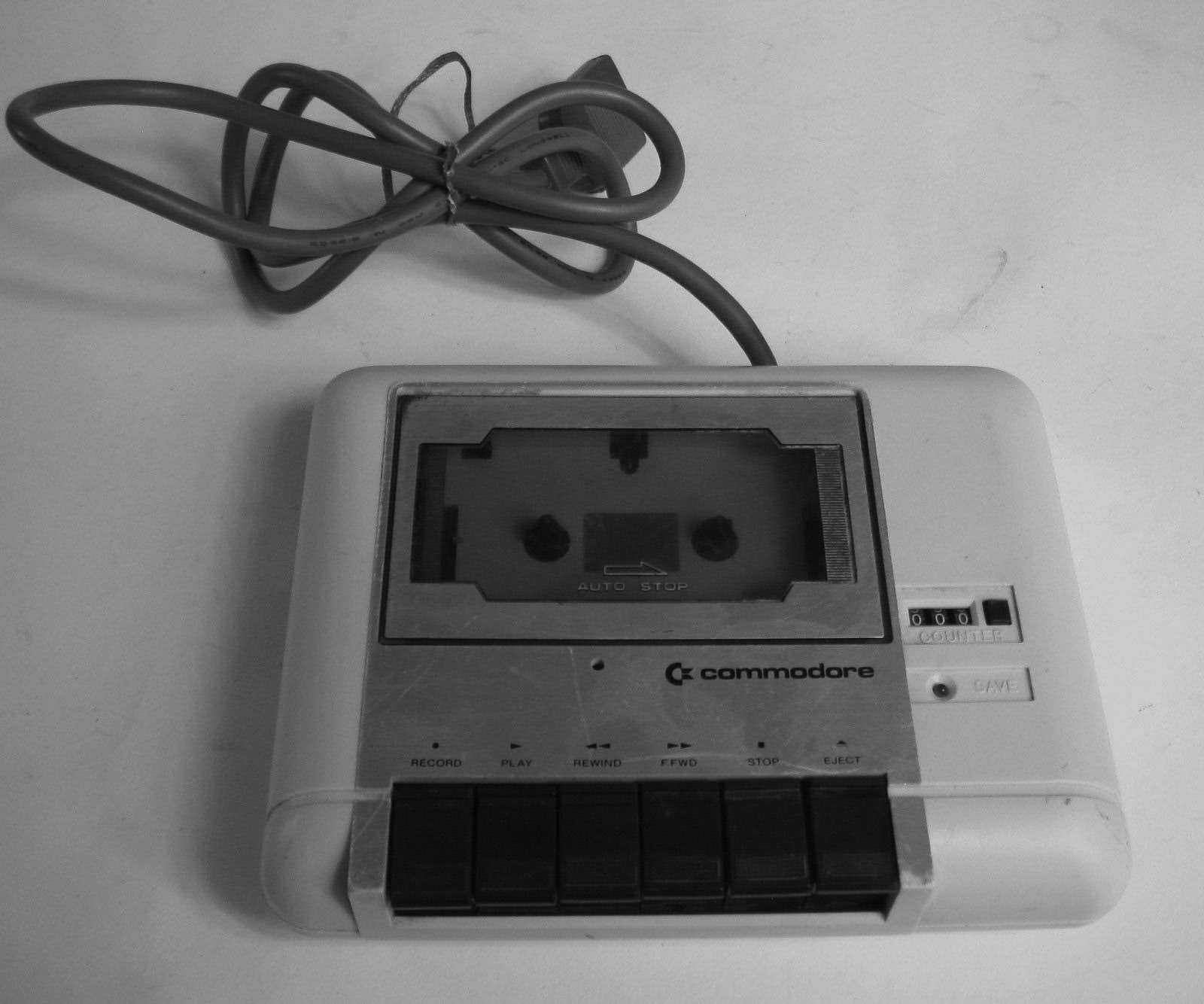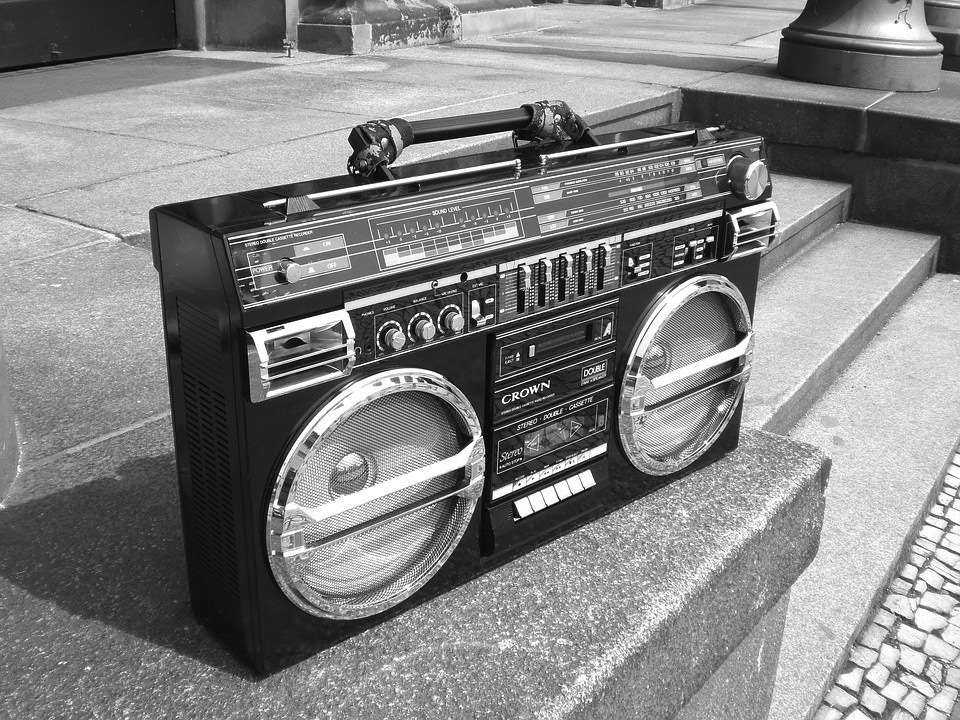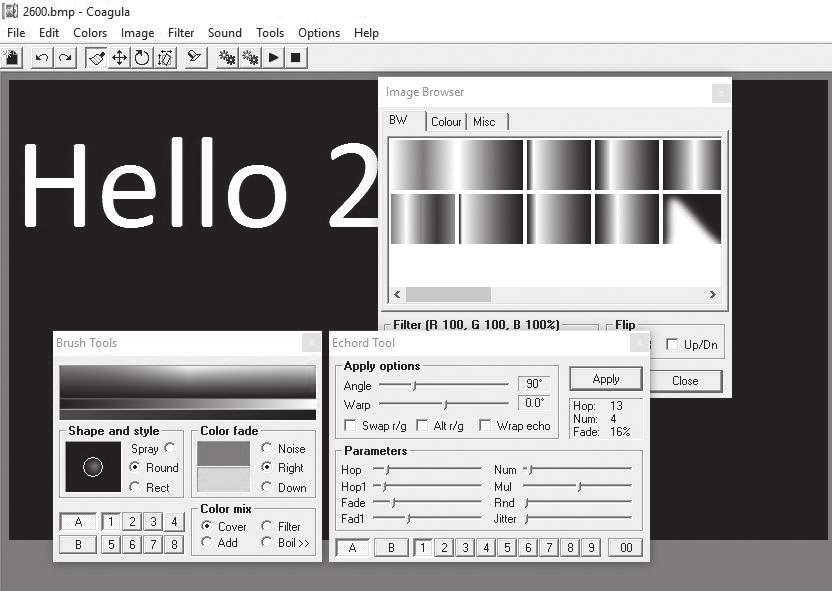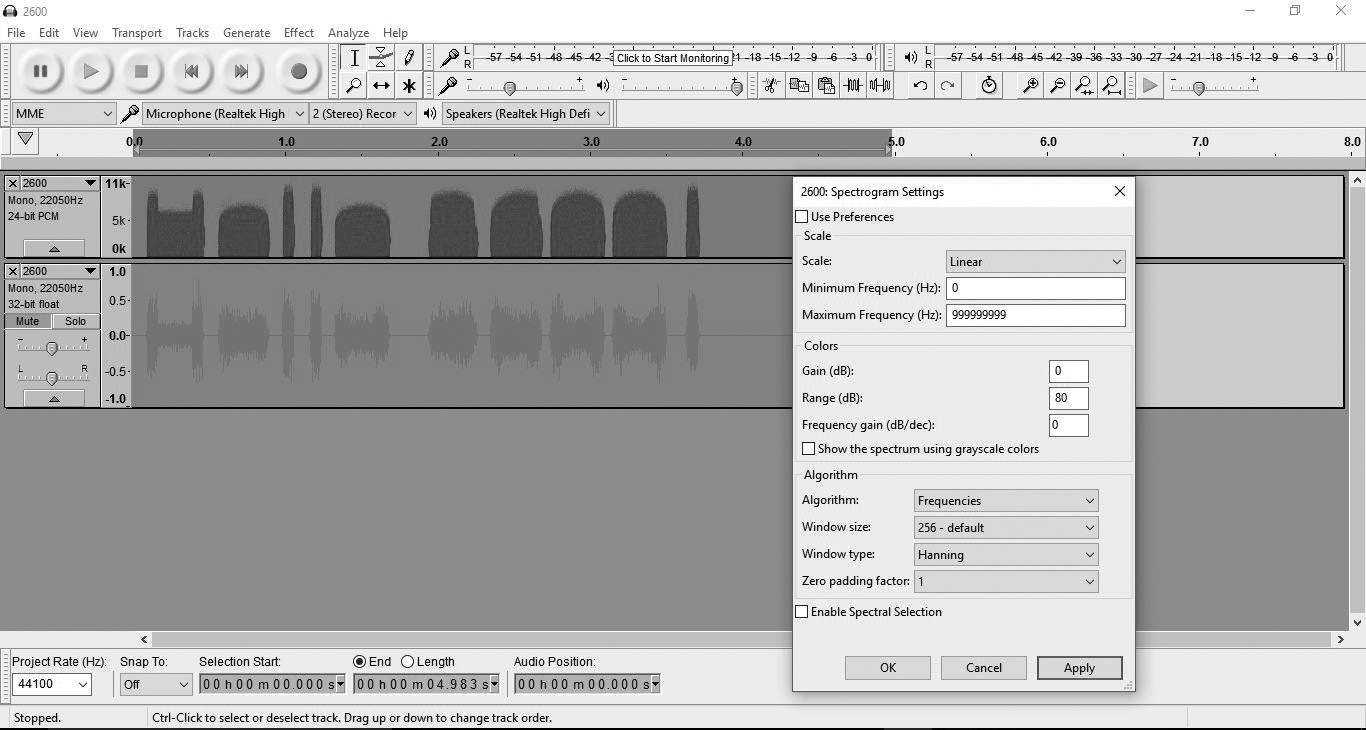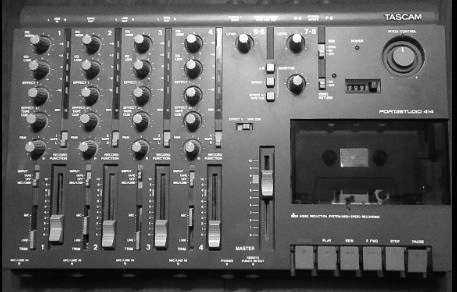Re-Purposing Old Technology and Ideas for Fun and Emotional Profit
Or, Get Off My Lawn, You Technological Whipper Snappers!
by John Q. Sample
My friends and I come from a blue-collar background.
While I was growing up, our families didn't usually have a lot of money for frivolous things that we didn't need. The money earned was money for food, bills, etc. Occasionally, a luxury could be afforded, but that was few and far between. When those luxuries could be afforded, they tended to be perhaps not the best version of what was available.
For example, when things like a television or a computer were purchased, it wasn't the most modern version of what may have been around at the time.
While growing up, our families made due with what they had.
We grew up in a time where technology started moving from a coveted luxury to a necessary commodity. From that necessity and near poverty grew a coupon cutting ethic that allowed us to maintain a certain cyberpunk status quo, and at the same time prevented us from unintentionally becoming economically mandated Luddites.
When Linux became an option, it was amazing for us. We had the ability to use older hand-me-down, throwaway versions of computers, and be able to functionally use up-to-date versions of software to peruse and be a part of what was happening at metaphorical breakneck speed socially and technologically on the Internet. We were able to be a part of the wonderful thing that was happening to the world with technology.
If you flash forward to today, you find technology has stabilized to a reasonable price. One can purchase a Raspberry Pi computer for $25, or a laptop for $150. It's not unreasonable for someone without the luxury of large amounts of money to be involved in the technological experience anymore.
One thing that lack of finances and the need to be a part of what was happening provided was a hardwired internal need to use throwaway technology. It's ingrained in us to never throw out anything. We have to find a new way to use that piece of equipment. We must recycle it. In this writer's opinion, it's an ethos that's missing from the current technologically adept society. We've included everyone in the process, but at the expense of privacy and at the behest of corporate interests.
We have become a marketing product and it's acceptable to give our money over and over again to corporations who do not have our best interests in mind. If one wanted to convey a message, one would have to do it in such a fashion that would provide an opportunity for those same corporations to make even more money through ads posted around our independent media messages.
If we just looked proverbially behind us, we would see a glut of technology long forgotten that provides us a means to employ a message and at the same time do it in a fashion that provides us privacy. In essence.
Why reinvent the wheel? We can accomplish this all by re-purposing old technologies in new ways.
Take, for example, cassette tape technology.
Now I know retro technologies in regard to audio recording seems to have its aficionados, but we're talking about re-purposing this technology here. And if it becomes the go-to for hipster audiophiles, the better for us who want to use the technology in different ways because the prevalence of the technology provides us more of an opportunity to find what we need to work with it. Tapes were at one point the go-to for data storage before the abundance of the long gone floppy disks became available.
Not to mention that the technology was prevalent, as it was the go-to for everyone who listened to music. Cassette players were prevalent everywhere. In homes and vehicles, cassette players were the standard way to listen to music.
With the advent of CD technology, and ultimately MP3s, taking over as the standards for consumption of music, tape players went the wayside.
Relegated to attics and corners of dusty basements. But they're still there. Collecting dust, perhaps.
But they still exist in people's possession. Which means that you can get them free or very cheaply. Why not resurrect them from their demise for use today? With a combination of free programs such as Coagula and Audacity, one can use them to encode text messages into audio files for later viewing.
In a world where the NSA sniffs all of our Internet traffic encompassing it all into "metadata,' I pose the idea to use older technology to circumvent that invasion of privacy. One can simply open up a copy of Microsoft Paint and type their message into the top of an image with a black background and white lettering.

Figure 3: Using Microsoft Paint to type a message with a black background and white lettering.
Save the BMP image.
That image then can be processed through Coagula and an audio file created in the form of a WAV.
That audio file can then be transferred to an audio cassette.
When played back and recorded into any audio editor capable of viewing a spectrogram of your WAV file, such as Audacity in this case, the intended recipient of the message would then view the spectrogram and after adjusting the spectrogram settings for clarity, will then be able to see the message.
After recording the message, if one were fortunate enough to come across another piece of technology relegated to the trash heap - a four-track recorder - one would be able to ultimately record that text message subliminally "below" another audio file, increasing the chances of the original text message remaining a secret between the recorder and the intended recipient.
This isn't necessarily a "how-to."
The ideas and technology presented in this article aren't new. (That is with the exception of the author's suggestion of implementation.) That's the point.
My suggestion is one that should imply the use of older technologies and "outdated" ideas for unintended use, not necessarily direction on what one should use or how to use it. The aforementioned was just a suggestion.
And while some would consider hacking older technologies thought to be obsolete to be "bush league," I point to SCADA systems and their counterparts, suggesting that when one discounts those types of technologies as options, one leaves open the opportunity for nefarious actors to use those technologies in whatever ways they see fit.
To discount the idea is to leave one open to unintended consequences. To remember the older technologies and use them is analogous to understanding the older technology, its security implications, and, at the same time, allowing for a "rebirth" of the technology for use.
There's a whole world of forgotten instructions and technologies written off as obsolete that can ultimately still be used for purposes not yet imagined by those innovative minds in our hacker community.
Good luck finding the right platform and happy hacking!
